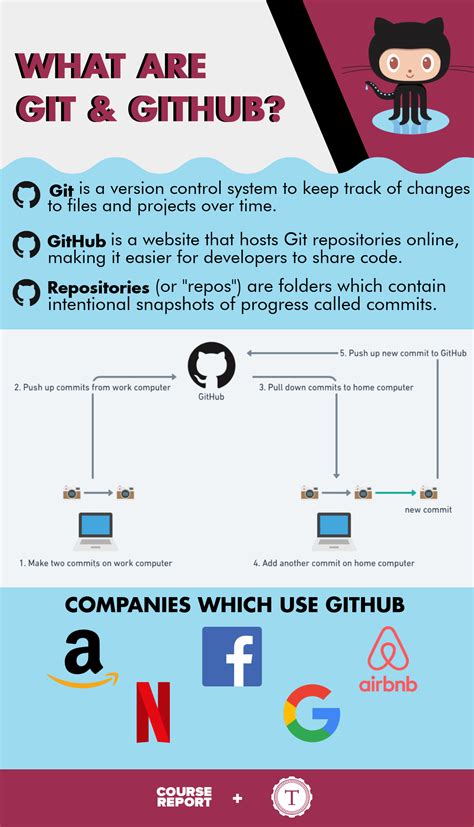The recent announcement that Firefox is moving its development from Mercurial to Git marks a significant shift not only for Mozilla but also serves as a broader commentary on the state of version control systems in software development. The decision reflects an industry-wide trend towards the adoption of Git, which has proven to be the preferred system for both open source and enterprise projects. With its repository now hosted on GitHub, Mozilla aims to streamline its development processes, leverage GitHub’s extensive ecosystem, and reduce the overhead associated with maintaining multiple systems. This move is poised to have a ripple effect across the software development landscape, prompting an examination of the pros and cons of this increasingly dominant platform.
The growing dominance of Git, and by extension GitHub, has sparked a variety of reactions from the developer community. Some argue that the proliferation of Git as the de facto version control system is beneficial. The standardization on Git allows for greater interoperability between projects and teams, facilitating collaboration and knowledge transfer. Tools like Git’s command-line interface (CLI) and branches are now second nature to developers worldwide. This familiarity reduces the learning curve for new contributors. However, the complexity of advanced features, like interactive rebases, continues to pose challenges. As one developer pointed out, the usability of Git could benefit from improvements that make these tasks more intuitive.
On the flip side, critics argue that the move towards a Git monoculture stifles innovation. Alternatives like Mercurial, which some developers find more user-friendly and aligned with their workflow philosophies, are being sidelined. A monoculture in tools, much like a monoculture in biological ecosystems, can lead to vulnerabilities. In the world of software, this means fewer choices and potentially stagnation in tool development. Moreover, the centralization of projects on platforms like GitHub raises concerns about reliance on a single corporate entity, especially given past issues with Microsoft, GitHub’s parent company. Despite Microsoft’s efforts to promote open source, some skepticism remains about their long-term intentions.
The pragmatic benefits of GitHub cannot be overlooked. Its extensive integration with CI/CD tools, its robust issue-tracking system, and the ease of forking repositories are just a few of the features that contribute to its widespread adoption. The network effect is strong: the more developers and projects that reside on GitHub, the more attractive it becomes. This ‘gravity,’ as some have termed it, fosters discoverability and contributions; the platform’s social features—although criticized by some as ‘gamifying’ contributions—have solidified GitHub’s status as the central hub of open source activity. This centralization simplifies the contribution process, thereby potentially increasing overall productivity.
However, as Git becomes more ubiquitous, it’s essential for the community to continue advocating for improvements and alternatives. Projects like Sapling, an experiment by Meta (formerly Facebook), offer Git-compatible workflows that might promise better usability in the future. Additionally, initiatives like ForgeFed aim to create interoperable federation protocols for git services, which could mitigate some of the risks associated with centralization. Meanwhile, self-hosting solutions using platforms like GitLab or Gitea provide viable alternatives for those who wish to maintain greater control over their infrastructure. Ultimately, the choice of version control systems should be driven by specific project needs and organizational philosophies rather than industry trends alone.
Firefox’s move to Git serves as a microcosm of the broader shift in the tech industry towards a more homogenized toolset. While Git offers undeniable advantages in terms of adoption and community support, it also presents challenges related to usability, choice, and reliance on single entities like GitHub. The developer community must remain vigilant, continually assessing the tools at its disposal and advocating for diversity in options. For now, the benefits of Git appear to outweigh the drawbacks, but the discussion around this monoculture raises important questions for the future of software development. As we embrace these changes, we must ensure that the tools we rely on evolve with us, meeting the diverse needs of an ever-growing and globally connected developer community.


Leave a Reply